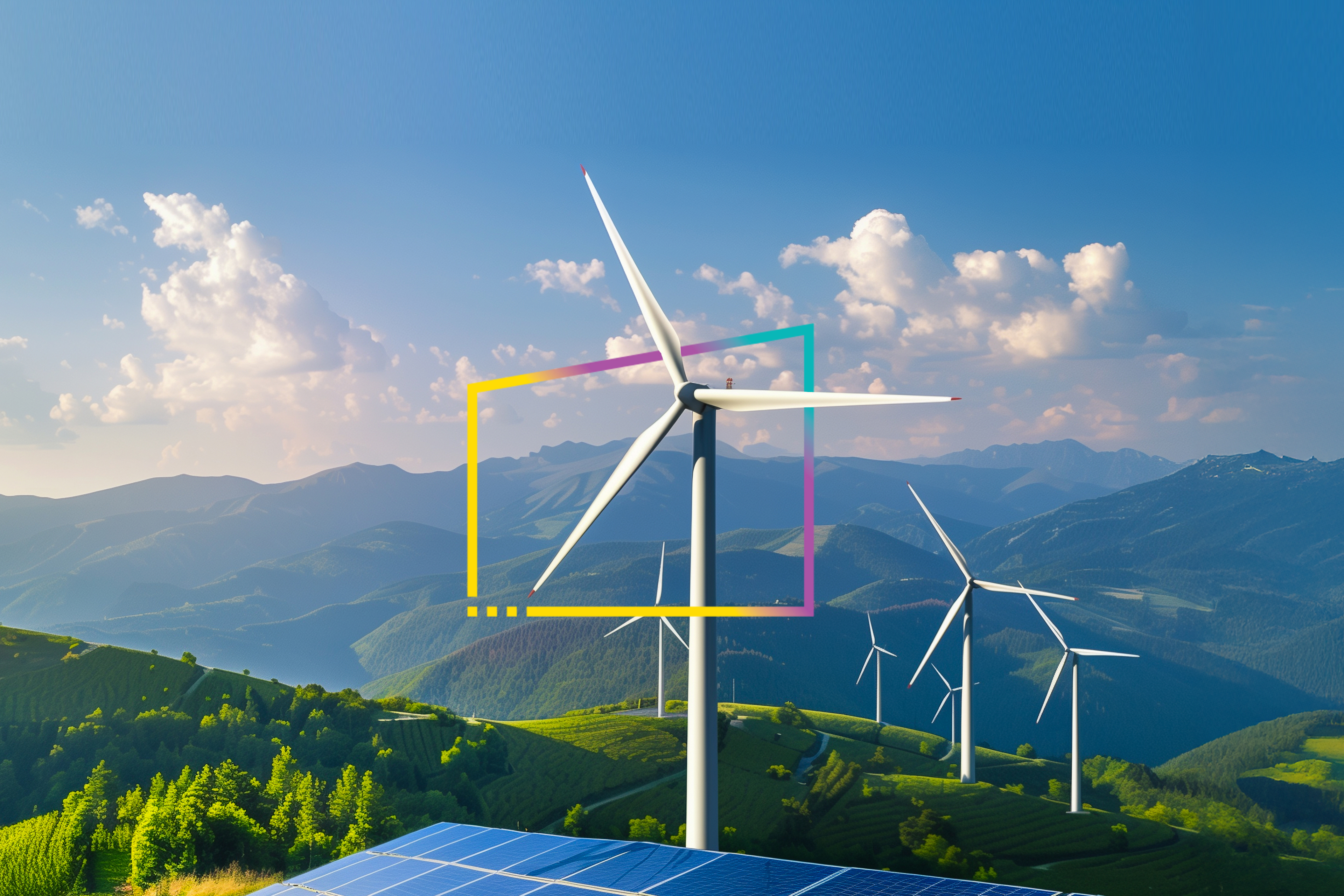India's Green Energy Revolution: Driving Renewable Expansion and Energy Storage Growth
Key Ideas
- India aims for net-zero emissions by 2070, with key targets including 500 GW of renewable energy by 2030 and a 45% reduction in GHG emissions intensity.
- The green hydrogen sector in India is poised for exponential growth, with the National Green Hydrogen Mission targeting 5 MMT production by 2030, supported by significant investments and export opportunities.
- India's energy storage sector is experiencing robust growth, with projections for battery energy storage system capacity reaching 47.23 GW by 2031-32, showcasing the country's commitment to enhancing grid stability and renewable energy integration.
- India is driving its energy transition in the transport sector through electric vehicles, aiming to achieve 30% EV sales by implementing major charging infrastructure upgrades and supported by government schemes and policies.
India is at a pivotal stage in its journey towards a sustainable energy future, with ambitious plans to achieve net-zero emissions by 2070. The country's energy mix includes a significant portion of coal to ensure grid stability, while renewable energy capacity has been growing rapidly, especially in solar energy. India aims to have 500 GW of renewable energy by 2030, with a focus on solar and wind power, supported by initiatives like PM KUSUM and PM Surya Ghar-Muft Bijli Yojana.
India's renewable energy expansion also includes a strong emphasis on green hydrogen, with the National Green Hydrogen Mission targeting substantial production by 2030. The energy storage sector in India is witnessing significant growth to support the increasing renewable energy capacity, with battery energy storage systems playing a crucial role in enhancing grid stability.
In the transport sector, India is pushing for the adoption of electric vehicles to reduce GHG emissions, with aims to achieve 30% EV sales by improving charging infrastructure. The country is also focusing on green energy financing to meet the substantial capital requirements for its green transition, with investments surging in various sectors including solar, wind, EVs, green hydrogen, and energy storage.
Overall, India's efforts in driving renewable expansion, energy storage growth, EV adoption, and sustainable financing are pivotal in its transition towards a resilient and inclusive energy ecosystem.
Topics
Utilities
Green Hydrogen
Renewable Energy
Electric Vehicles
Energy Transition
Energy Infrastructure
Energy Storage
Sustainable Finance
Coal Energy
Latest News
